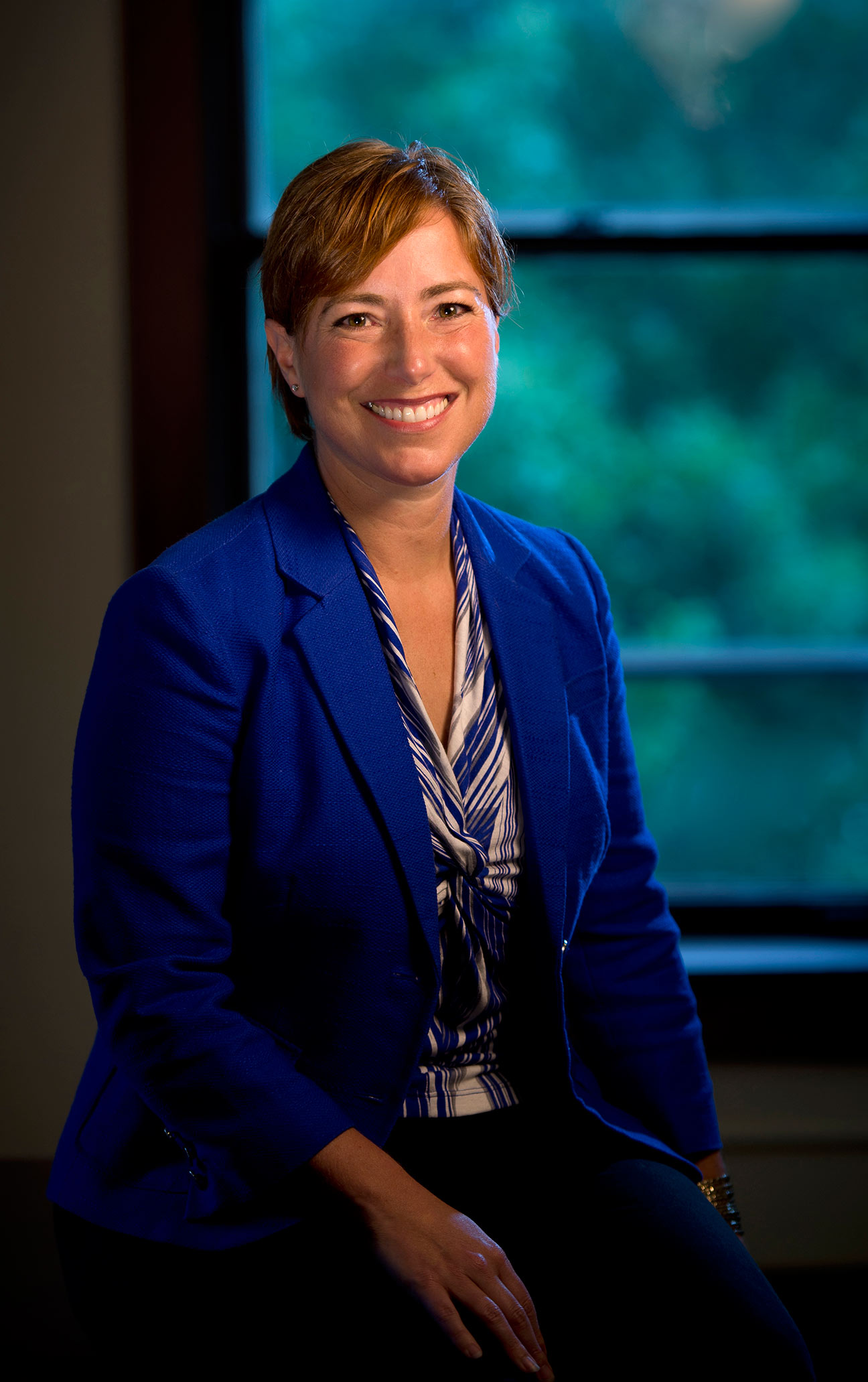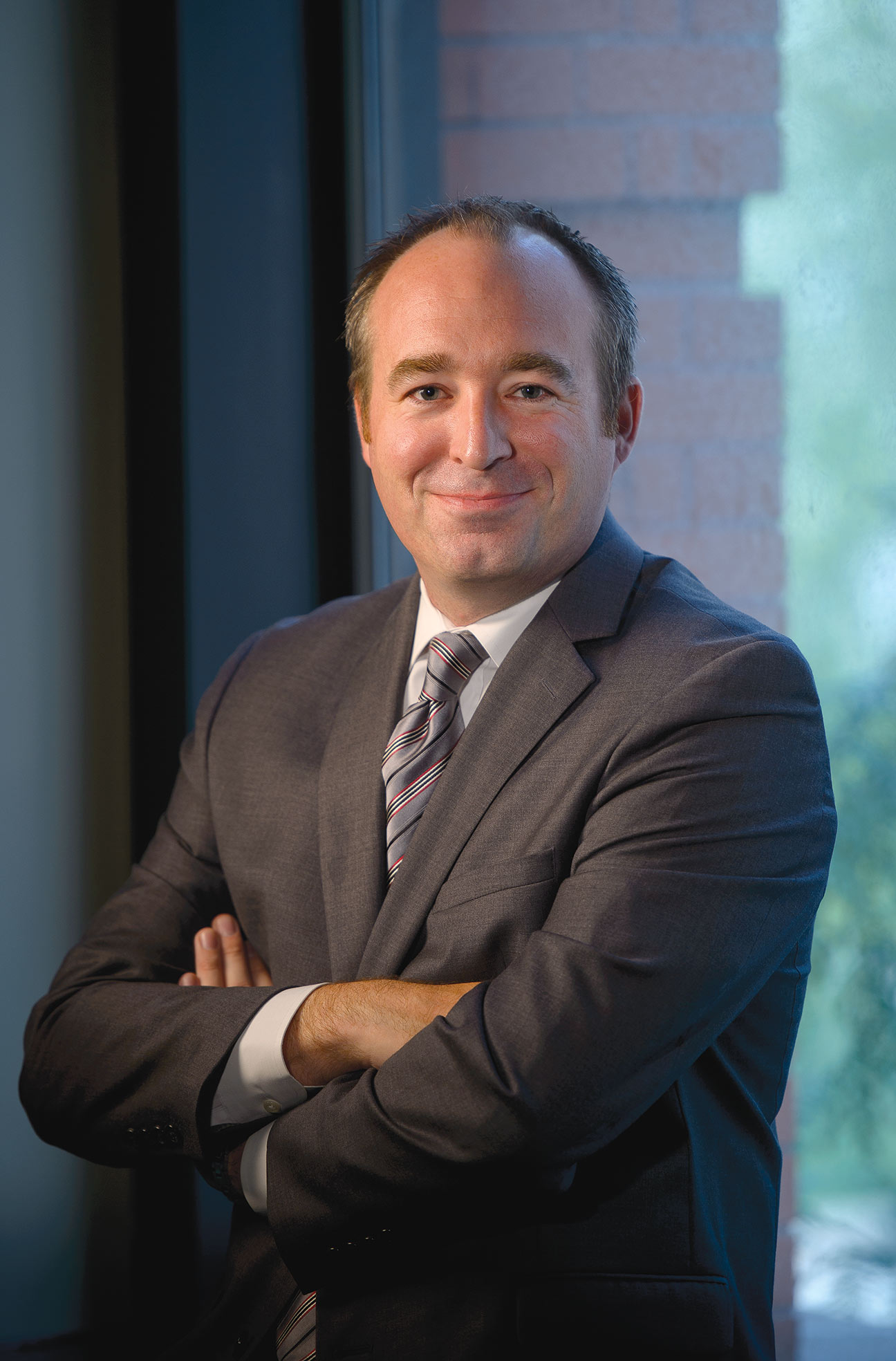Corporate counsel serve as companies’ conscience
By: Jane Pribek//March 20, 2013//
Challenging role is well-suited to legal professionals, lawyers say
 Serving as a company’s conscience may seem a daunting task, but in-house attorneys say they’re well suited to the role.
Serving as a company’s conscience may seem a daunting task, but in-house attorneys say they’re well suited to the role.
“What better, more tangible expression of the conscience of a community or the state of a nation can you find than in the laws that they enact?” said Karl Dahlen, general counsel for Lands’ End Inc., Dodgeville. “Laws are intended to be an expression of the group’s consciousness. So from the time lawyers start going to law school, they start thinking along those lines; the intangible goals, the values that both cause a law to be furthered and also what enacted them.”
Many of the judgments lawyers must make in how they practice law are very similar to the ethical questions facing corporations today, said Matthew Frank, in-house counsel at Johnson Controls Inc., Milwaukee.
“The training and experiences of our profession give us a unique insight into how those issues can best be framed and balanced within the corporate world,” he said. “… In-house counsel, including compliance counsel, owe their fiduciary duty to the company, not to their bosses. This allows us to think of the greater corporate good; not just the next quarterly earnings report.”
It’s a big responsibility, Dahlen said.
“What’s the expectation when a corporation has done something bad?” he said. “The first person on the firing line, after the CEO, is the general counsel.”
But it’s a role in-house counsel must play, Frank said.
“We are being looked on to help shape these decisions, whether we like it or not,” he said. “It’s how we’re going to be viewed and we should accept that.”
Frank’s role as global compliance counsel at Johnson Controls means the company has explicitly entrusted him with the role of conscience, he said. Compliance can be defined in many ways, he said, but at his company it means “ethics and integrity.”
Frank’s legal compliance group, which reports to the general counsel, conducts investigations of employee violations of laws or the company’s code of ethics. They also drafted the ethics code and craft policies to administer it, as well as go into “evangelism mode,” he said, to communicate the status of investigations.
![]()
More from our Corporate Counsel Special Section
- Employment lawyers keep watchful eye on NLRB’s continued limits
- Challenging role is well-suited to legal professionals, lawyers say
- Would your firm pass a data security audit?
- Lemke puts plans, products in motion
- Jorgens builds a career on campus
- Anthony balances client and customers
- Fagre covers a broad Spectrum
Dealing with tasks of ethics and integrity is just part of the job, Frank said, and not an indication that he and his legal colleagues are any better than the rest of the population.
“I do not think that lawyers, as a group, have a superior moral compass,” he said.
Dahlen agreed: “I think that, by and large, people are good. Corporations are good and they struggle with making good, values-based decisions and look for whatever sources of knowledge they can get on that.
“And, by and large, they have much more often relied heavily upon counsel from their in-house or outside lawyers to make those judgments.”
It’s a good fit, Dahlen said, because of the breadth of experience most in-house counsel have.
“If you look within an organization and what lawyers do, there aren’t that many others who have a comparable breadth of experience within an organization,” he said. “Finance is a close second. But lawyers deal with everything: We deal with issues with shareholders, employees, and people who sell to us and to whom we sell.”
That’s important, he said, because the questions of conscience that come up typically aren’t as simple as right versus wrong. More often, Dahlen said, it’s a matter of balancing an issue where two people are both right and in-house counsel has to look at the big picture to make a decision.
“Most people in the organization have a limited, defined role. But when you’re talking about lawyers, they cut across most every area and are able to deal with the tough questions of right versus right,” he said, “making value-based decisions and analyses to resolve these conflicts.”












